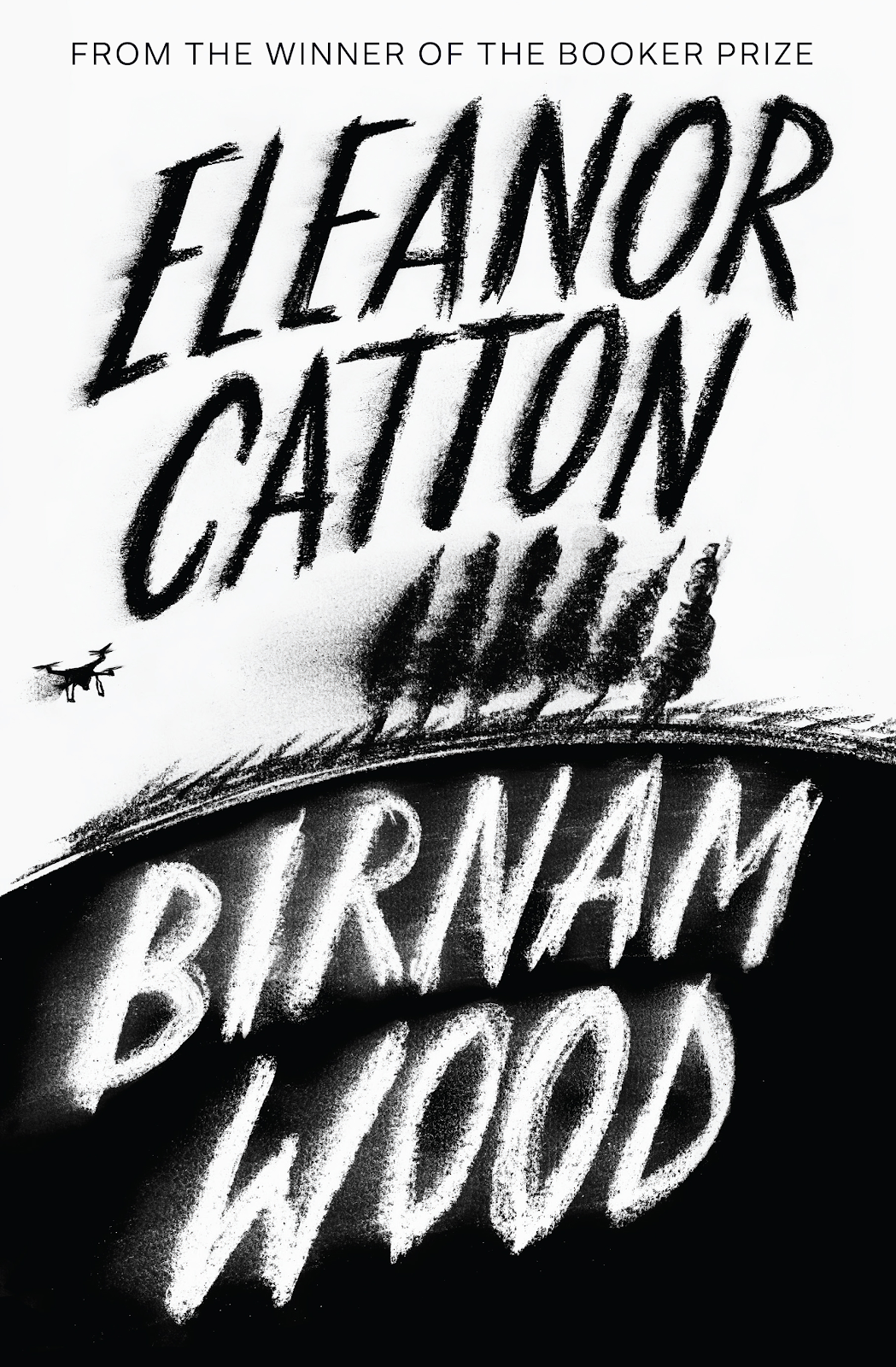This list is all about the best books I read in 2023, not necessarily those that came out this year.
I've done this before. See: 2022, 2021, 2020, 2019, 2018, 2017, 2014, 2013, 2012, 2011, & 2010.
Potentially the best book I'll read this year and it's only Feb. If you loved The Luminaries you'll love this. Don't let the thriller billing lead you astray (though it does get thrilling) - this is a novel that revels in moving fully rendered, psychologically complex characters around the stage and getting them together at opportune/inopportune times (or, excitingly, for me at least, alone: a couple of these lonely, quiet moments seem to act as tent poles for the three act structure).If you are one of the people who talk openly about never finishing The Luminaries, when in the last 10 years did you start admitting this like it was a badge of honour? Go take a hard look at yourself in the mirror, then read Birnam Wood, though you might find it too slow as well. In which case, I've got nothing for you. I guess you don't need to be devastated as deeply as I do.
It's probably only a short story, but it's packaged as a standalone book, much like Small Things Like These. Loved this one. Every books should be this short.
Another kind of novel that doesn't care much for things like character development or careful observation at the micro-level. This is all about the macro: what if poor performance against the Paris Agreement meant there was a Ministry for the Future to try and drive intergenerational justice (and what if that needed to be complemented by a dark-wing to get stuff done without bureaucracy). I got very depressed to begin with (I deal with this shit every day, so nothing was a surprise, it was more like: why I am listening to this while I work in my garden?!) but it kind of justified this depression through the journey it goes from this launching point.
To read Millhauser is to flirt with fables and the fantastic, but never quite cross over. It's fascinating. I think I prefer his shorter works, where you spend more time - proportionately - on the knife's edge.
Wolf Hall by Hilary Mantel (novel, audiobook, UK, 2009)
Yeah, okay, I get it now.
Both structurally and thematically, the closing seventy pages feel akin to the nocturnal swim in The New Animals—we are pulling a thread of strangeness and following wherever it may take us. Sometimes psychedelic, sometimes just plain stoned, but always surreal. Free of earthly forces and pre-eminent Western ideologies, might there be a chance for Alba, Drew and Stanley to remember and reconcile the past, heal, and move beyond?
Audition remixes the tricks and conceits of Adam’s earlier books in such a way that it’s hard not to think about it as a kind of capstone...
I grew up with a father who loved rock documentaries so I enjoyed this. Spent a lot of time wondering why others who might be less of an anorak when it comes to music would enjoy it - the love triangle never quite joins up, which means it skirts around the worst cliches of these kinds of tails but it doesn't really have a huge amount of tension to drive the narrative forward.Shortly thereafter, I read Jenkins Reid's Carrie Soto is Back, which, despite also liking sports stories, I enjoyed less. I haven't seen the Daisy Jones TV show, but I did enjoy the album. Will it make my top ten albums of the year??
The Bell by Iris Murdock (novel, audiobook, UK, 1958)
One of the last books I read in 2023, and one of the earliest written. There's definitely a contrast between the depth and complexity in a book like this and, say, something by Taylor Jenkins Reid. The thing I sometimes forget, when reading mostly contemporary fiction, albeit across a range of genres, is that writers now held up to be literary greats are, so often, funny. And it's true that a brand of non-LOL humour provides the little bubbler outboard motor that kept things moving in The Bell. All the characters are faintly ridiculous. Murdoch is also a great teller. The opening of the novel is an onslaught of telling (as opposed to showing) and it's an absolute hoot. You can show me the glint of the moonlight on the blade, but I'll enjoy it more if you've told me how she got married to the wrong man, became estranged and has now decided to return to him in a rollicking dozen pages first.
2023 reading year statistics
- At least ten single-author poetry collections
- At least one book from every continent
- At least four books in translation
- At least four books by Australians
- At least five different genres of novel.



No comments:
Post a Comment